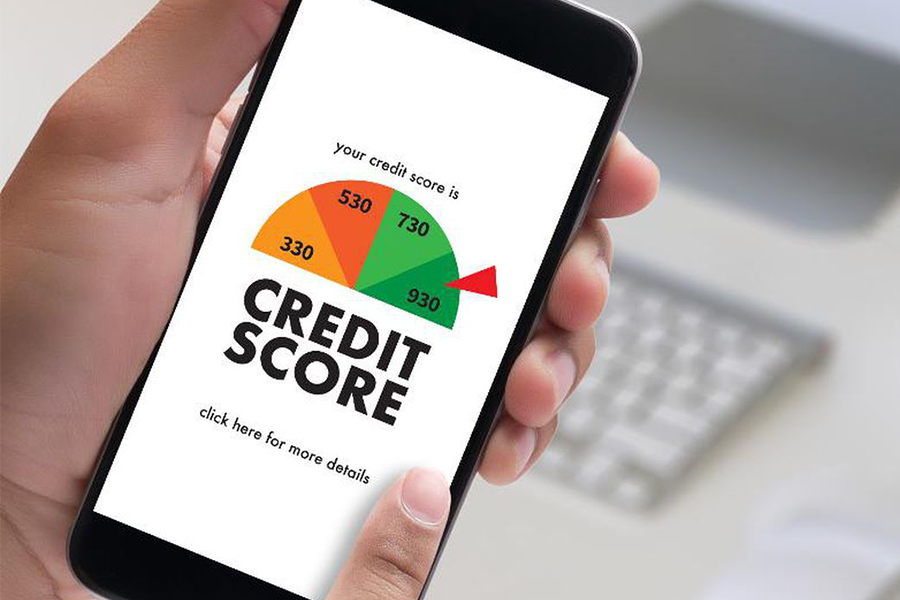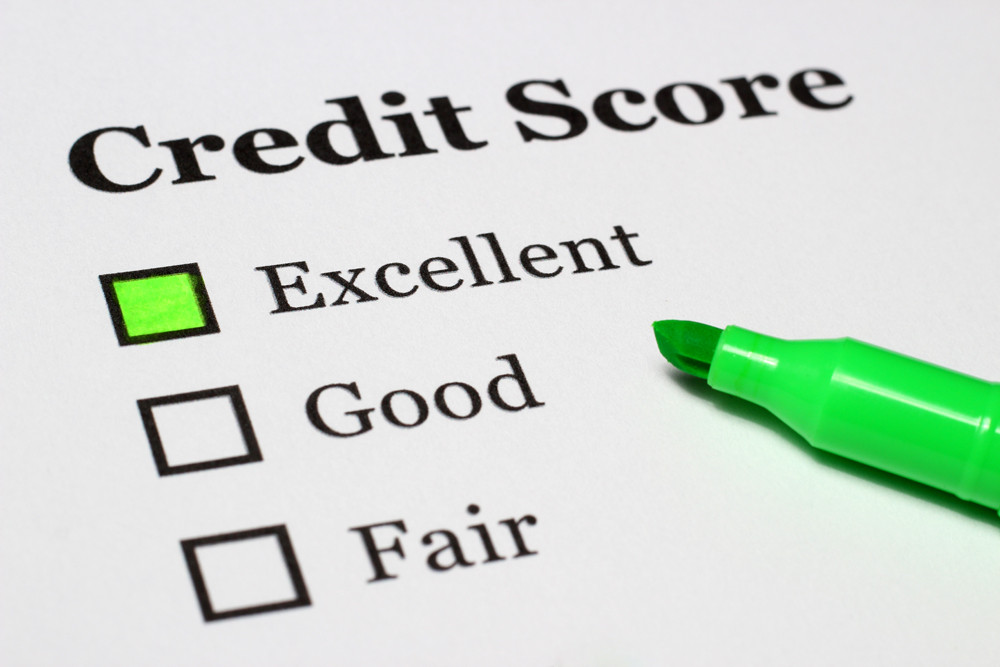It can be said that this is the age of the digital. From your mail to your boardroom meeting, technology has successfully spread its tentacles in almost every sphere, and money is no different.
Financial technology is not a new phenomenon. It began as early as the mid-1900s, with the advent of the ATM which revolutionised the whole scenario. A barrage of fintech marvels have been introduced and assimilated in the world, but the most common amongst them remain the faithful card twins: Debit and Credit.
In the five intervening years between 2011 and 2017, the percentage of cardholders in the United Kingdom grew over 13%. Cards accounted for 37% of payments in 2019.
But it’s also common to hear your mention of 0 interest loans being met by a scoff and “Yeah, you wish, bud!”, or see your uncle go all wide-eyed when you say you’ve got a credit card because “They want to turn you into a shopaholic!!” That’s because quicker than card usage spread certain misconceptions about it, primarily concerning credit cards, for it is linked to one’s creditworthiness in the banking market.
Such misinformation not only confounds cardholders but also discourages others to even apply or think of one. From ‘no-credit-card-for-bad-credit-score’ to ‘applying-for-new-card-may-hurt-my-credit-score’, you find people fostering and propagating myriad false beliefs, and therefore, we’ve debunked the 5 most prevalent of these card myths here to keep you on the right track:
Contents
1. ‘Pulls’ Hurt Credit Score

A credit score check is known as a ‘pull’ in professional parlance. The view that a pull deteriorates the credit score is widespread.
This is only true to an extent. Whenever you apply for a new card or check your credit score, you order a pull. Now, in the case of the former, this is inevitable.
Getting your credit score looked at might affect the credit score, but more often than not only offers a few points. However, experts advise against submitting numerous credit card applications in a short span, for many pulls together are an alarm for financial difficulty.
It is worth telling that if you apply for a new credit card, and are approved, then the additional credit you attain improves your utilisation ratio, and therefore improves your credit score.
2. Poor Credit Score = Only Debit Cards
This statement is part true. Yes, having a poor credit score due to mishaps or faulty payment on previous debts can adversely affect your chances of being approved for a credit card, but this doesn’t mean you have to make do with debit cards for all eternity.
There are special credit cards provided by companies for such cases. While the card of your choice might be out of your reach, for the time being, you can surely take benefit of credit card for bad credit uk, which comes with higher rates and lower credit limits than other, normal credit cards.
Prepaid cards are possibly the lowest grade credit cards offered to clients having extremely high potential for delinquency. Providers demand a deposit to be made before issuing such cards to hedge their money.
3. Closing Off Old Cards Won’t Affect Credit Scores.
You might be tempted to call your credit card provider and ask them to deactivate an old credit card when you’ve got a new one. Well, this is likely to dent your credit score.
Again, the concept of utilisation ratio comes into play. Closing off a card means the total credit you’ve got will be reduced, and therefore, the utilisation ratio will lessen, affecting your credit score unfavourably.
The case for closing off a card is strong when you’re losing money on it, which is likely the case with annual fee cards. In that case, the first option would be to request your provider to shift you to a non-annual fee card rather than straightaway closing off that card.
4. Higher Income Necessarily Means A Better Credit Score
Not really. The amount of money you earn doesn’t affect your credit score as much. Yes, they might be taken as metrics to measure your capacity to pay but do not serve as guarantees of creditworthiness.
The only thing that affects your credit score is your payments of past debts. Timely payments, preferably before the due date, work wonders for the credit score. Other than that, your credit history, credit mix (the different kinds of credit instruments you already have or have had), and your new credit application frequency (how often you apply for new credit).
Higher-income only helps increase the credit limit that your provider is offering you, and that too is left to the provider’s assessment.
Similarly, the inversion of the statement is also false. A good credit score doesn’t mean that you’re rich. It only means that you manage your money well, and are good for the debt.
5. Centralise Your Credit
What this means is that people are often averse to the idea of multiple credit cards. This misconception is rooted in the belief that having plenty of cards at your disposal turns you into a manic spendthrift and addicts you to borrowed money.
Having different cards has its advantages. For one, cards from different providers help you avail of different benefits. Maybe a store offers discounts or reward points for a particular credit card usage.
Credit cards are often dreaded and frowned upon because of our fear that soon they’ll hold sway over us. The only way to keep that in check is to manage your money properly, to prioritise needs and wants, and spend judiciously.
That’s Not All
Five’s a fairly small number when it comes to misconceptions because the market abounds in false information. From fantastically stupid to particularly technical, all kinds of doubts are in the play, which, if not addressed, turn into baseless beliefs. It is imperative that whenever you think of applying for a credit card, you talk to a person educated in the matter, and always corroborate that info from another source for consistency and currency.




